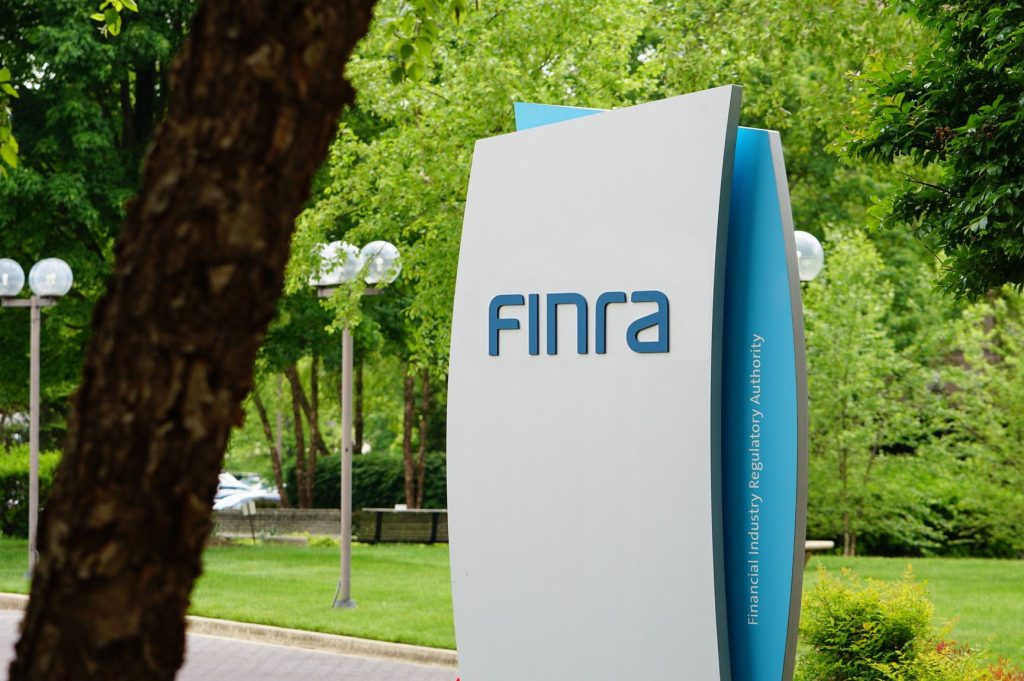The amendments to the TRACE reporting rules put forward by FINRA were approved in September 2024. They were intended as a measure to enhance TRACE to “improve the price transparency available” to fixed income market participants.
The announcement of the delay to the amendments came directly from Robert Cook, FINRA President and CEO, who said that he had “directed FINRA staff to no set an effective date for these Amendments.” He indicated that FINRA staff would “expeditiously” work on substantive changes to the new rules to take into consideration industry questions and concerns. The changes will be published for public comment and will need to be filed with and approved by the SEC before they become effective.
One-minute reporting
Cook was at pains to explain that although the amendments are “sometimes described as imposing a ‘one-minute’ reporting requirement, this would in fact only apply to transactions that are “executed and reported fully electronically from end-to-end.” Exceptions for trades that are more manual in nature were available as was a ‘de minimis’ exception to reduce the impact on smaller firms.
But he acknowledged that the shorter reporting requirements have been a concern for market participants since the changes were first proposed. And that questions and concerns have persisted, raising new issues as well as shedding light on issues raised during the proposal process.
Underpinning concerns from industry, including those voiced by SIFMA, is the fact that most trading and reporting is now occurring in under one minute. Analysis published by MarketAxess in 2022 showed that “that 83% of trades were reported within 60 seconds of execution” and that the “average time to report for all trades was 37.9 seconds, and half of all trades were disseminated within 9 seconds.”
According to Cook the changes, at a minimum, will:
- include less significant reductions to current reporting timeframes for manual trades; and
- address other TRACE requirements, such as reporting trade allocations, that may unnecessarily delay reporting.
FINRA intends to engage with the MSRB, which has made “similar changes” to its trade reporting requirements for municipal securities. It is therefore very likely that those changes will be delayed.
GRIP Comment
It is possible that there may be further changes here because it is not really clear why a more onerous rule is required at all. The argument that the amendments add a burden and a cost when the prevalent practice is already beating the former timeframes for reporting seems to be quite persuasive.
It is also very clear that TRACE reporting is complex and difficult to get right. We have observed that even some of the largest and most sophisticated market participants struggle at times with its onerous requirements. The sheer volume of transactions being processed is only part of the story here, it is the fact that the technology – both systems and processes – underlying such reporting can be extremely complex and sometimes difficult to get right or even monitor.
Part of the problem is one that is becoming apparent in connection with the deployment of AI solutions within financial services players – there are many able technologists, and many talented financial services professionals, working at firms, but specialists who possess the experience and knowledge of both are ijn short supply. And the work of cross-functional teams can often be difficult to coordinate and manage well.













